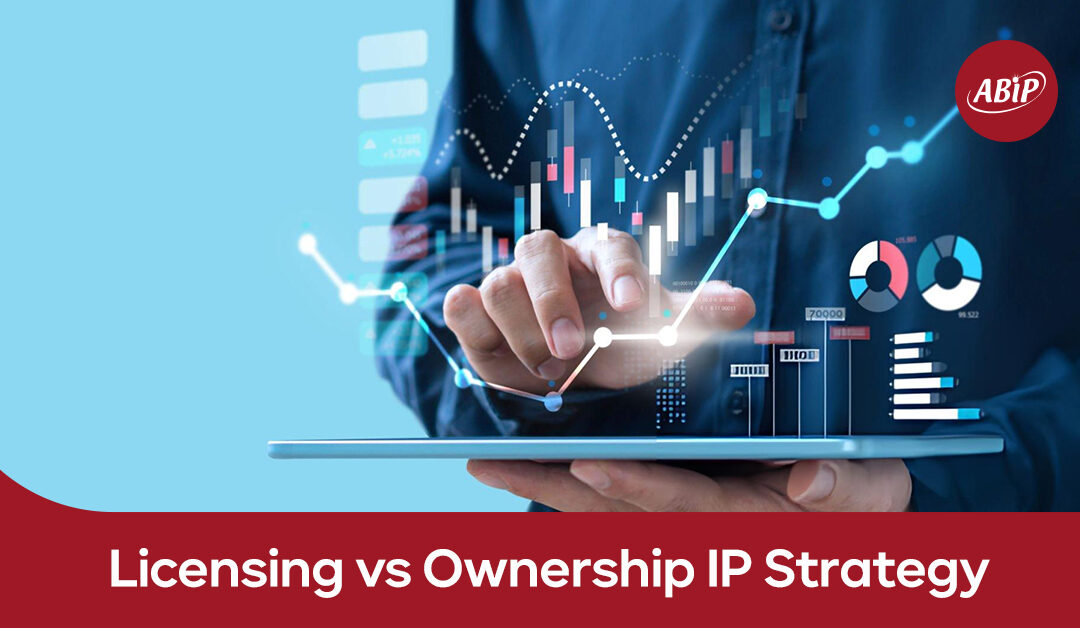Intellectual property (IP) is the backbone of many businesses, safeguarding creative works and inventions. As a business or startup, selecting the right IP strategy—whether licensing your IP or retaining full ownership—is a pivotal decision. Let’s explore these two approaches to determine the best fit for your business model.
Understanding Licensing vs. Ownership in IP Strategy
Ownership of IP
Owning your IP means holding exclusive rights to control how it’s used, reproduced, and sold. This gives you the autonomy to directly profit from your creations and maintain total control over your intellectual property.
Pros of Ownership:
- Full control over your IP.
- Revenue generation through direct sales, royalties, or personal use.
- A long-term investment as the IP’s value appreciates.
- Freedom to collaborate without constraints imposed by licensing agreements.
Cons of Ownership:
- Responsibility for protecting and enforcing your rights.
- Requires significant time and resources to maintain and defend.
- May limit scalability or market access if external partnerships aren’t leveraged.
Licensing IP
Licensing grants another party permission to use, produce, or sell your IP in exchange for a fee or royalty. This IP strategy allows businesses to scale faster and generate passive income.
Pros of Licensing:
- Generates passive income with minimal active involvement.
- Expands market reach through partnerships.
- Eases the enforcement burden, as licensees often share responsibilities.
- Provides a cost-effective way to access new markets without direct investment.
Cons of Licensing:
- Loss of complete control over your IP.
- Risks of unauthorized use or brand dilution (Anti Counterfeiting Services)
- Revenue fluctuations depend on the licensee’s success.
- Complex agreements requiring thorough negotiation.
Choosing the Right IP Strategy
Your choice between licensing and ownership should align with your business goals, resources, and industry dynamics.
1. Business Goals:
Licensing can drive rapid expansion with lower risk, while ownership suits long-term growth and brand control.
2. Market Reach:
Ownership offers control for niche markets, whereas licensing accelerates entry into broader or new territories.
3. Resource Availability:
Licensing reduces the management burden but requires legal resources. Ownership demands a commitment to safeguarding your IP.
3. Industry Practices:
Different industries favor specific strategies. For instance, tech companies often prefer licensing for royalty income, while fashion brands lean toward ownership to protect brand integrity.
How Abutaha Supports Your IP Strategy
Choosing the optimal IP strategy is a critical decision shaping your business’s growth. At Abutaha Intellectual Property, we specialize in helping businesses evaluate whether licensing or ownership aligns with their goals. Our services include:
Protect your intellectual property before entering licensing agreements.
Licensing Agreements:
Craft comprehensive contracts to safeguard your rights and foster beneficial partnerships.
IP Portfolio Management:
Monitor and maximize the value of your IP assets through ownership or licensing.
IP Enforcement:
Provide legal support to address breaches and prevent unauthorized use of your IP.
With our tailored guidance, you can confidently choose the IP strategy that empowers your business to thrive.
Ready to Optimize Your IP Strategy?
Whether you aim to retain ownership or explore licensing opportunities, Abutaha Intellectual Property is here to support you every step of the way. Contact us today to discuss how we can protect and grow your valuable intellectual property assets.

